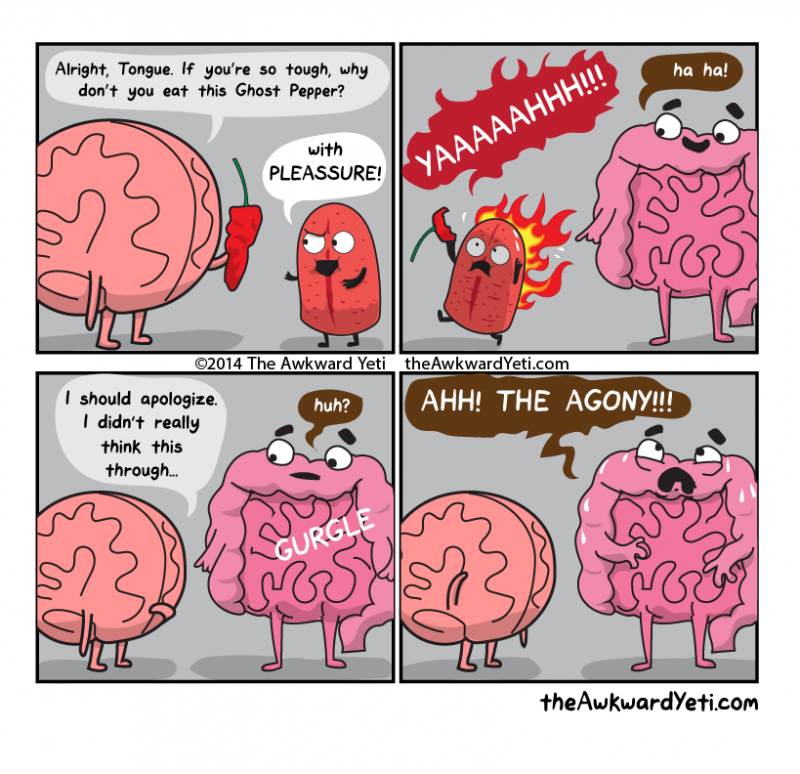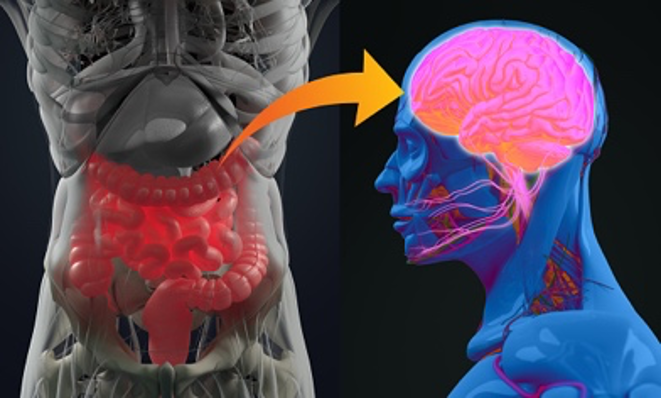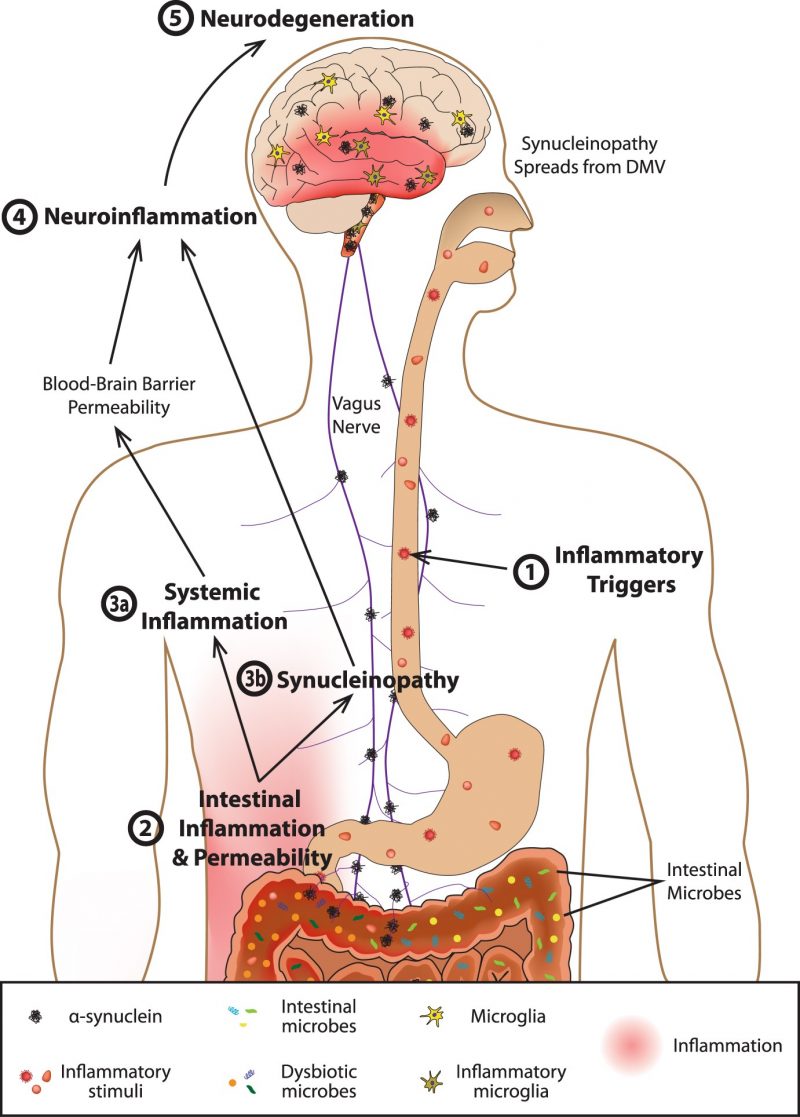
Knock-knock brain, it’s your partner-in-crime, the “second brain of the body”, me, your gut! I have more inflammation for you, ready or not. Research has only seemed to have just started revealing how interconnected our brain and gut are to each other. Things that happen in your gut impact your brain and vice versa, so if I were to tell you that not taking care of your gut increases the risk of the development of a handful of disorders, would I have your attention? If you have kids, what about looking out for their chances for something called autism spectrum disorder, or ASD?
Taking a Closer Look at ASD
What’s the big deal with inflammation, anyways? It seems to be involved in more and more diseases/disorders as science progresses, but one that continues to stand out is ASD. This is due to the broad range of pathophysiology that all circles back to an ASD diagnosis. Although the main cause of ASD still remains largely unclear, there are still many contributions and/or possibilities that are currently being explored, including:
- Neural connectivity
- Impaired neural migration

- Impaired synaptogenesis
- Excitation-inhibition imbalance
- Broken mirror theory
- Impaired immunity and neuroinflammation
- Epigenetics
- Single gene mutations
There is good reason to believe that ASD originated from disruptions in more than one of these listed above and that one may very well cause another (or more) to become discombobulated. Instead of going through every point listed above, we will analyze just one of the ideas down below: inflammation, specifically originating from the GI.
GI + Inflammation = ASD?
Although there remains to be no scientific proof of gastrointestinal (GI) inflammation being the solo-contributor or major player of ASD development, there seems to be good reason for a relationship between the gut and brain to exist. Chronic or increased amounts of exposure to cytokines in the brain seem to  lead to chronic inflammation and ultimately neuron damage and death. The popular term “leaky gut” may play a role in how inflammation even develops within the brain. The gut-blood barrier is very important inside of the body, which prevents things such as undigested food, toxins, and pathogens from crossing over from the GI tract into blood vessels that can then be carried anywhere within the body via the circulatory system.
lead to chronic inflammation and ultimately neuron damage and death. The popular term “leaky gut” may play a role in how inflammation even develops within the brain. The gut-blood barrier is very important inside of the body, which prevents things such as undigested food, toxins, and pathogens from crossing over from the GI tract into blood vessels that can then be carried anywhere within the body via the circulatory system.
Scary, right?!
This will trigger an immune response, and when these invaders reach specific places inside the both, like the brain, will cause an “alarm system” to go off and force cells inside the brain to start attacking the invaders. Changes in some of these protector cells in the brain can ultimately result in neuronal dysfunction, some of the same associations with the mechanisms of ASD.

There is also an incredible overlap with kids who already have ASD that also suffer from GI issues. This in turn has also been reported to make their ASD symptoms worse. A study examined different groups of children, with one group having ASD and GI issues, and found that this group, compared to the rest, not only had increased levels of cytokines, but also different gut bacteria and increased levels zonulin. All groups with ASD individuals experienced decreased levels of a protein that regulates both neurodevelopment and the immune system.
An Optimistic Closing
As the science field continues to make strides towards opening new doors to answer questions about disorders such as ASD, there is bound to be something relating back to the GI tract. These discoveries will have the ability for early diagnosis/prevention as well as effective treatment options for patients and their family. So, until there is enough evidence, be mindful of your body by keeping your gut happy and healthy!